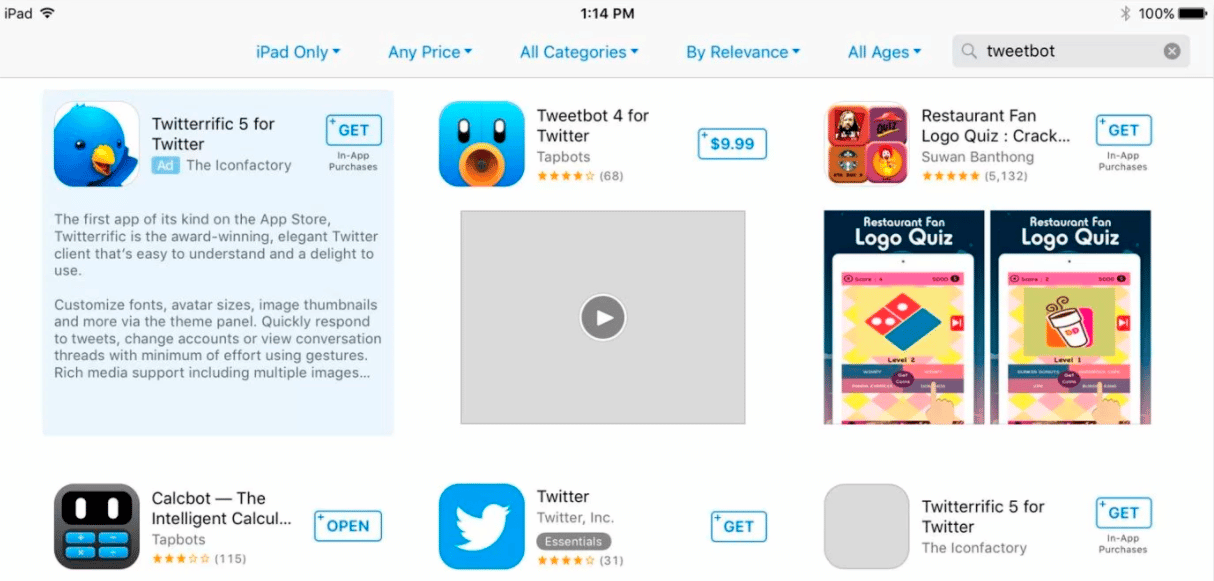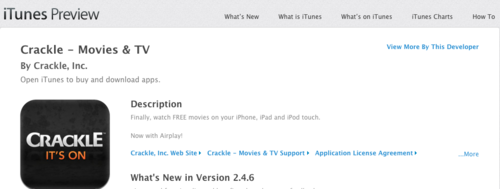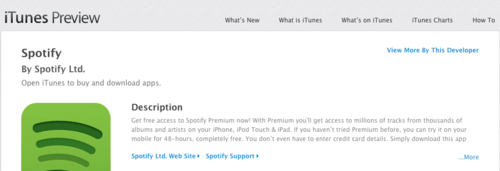
The iTunes App Store is a tricky place to distribute your software. On one hand, it enables access to millions upon millions of devices as well as providing easy payment mechanisms for those users to give you money. On the other hand, it’s a black box that makes it extremely difficult for you to effectively market and distribute your app to potential users.
The following are 3 tricks for iOS iTunes App Store Optimization that you probably don’t know yet. We spend a lot of time working with new app marketers, and these are tricks which we consistently find those new app marketers don’t yet understand. Each of them can provide tangible increases to every app’s marketing success.
Trick #1: Use your Keyword field wisely
The Keyword field in iTunes Connect is limited to just 100 characters. This doesn’t leave you, the marketer, much room to ensure you’re targeting all the best keywords for your app’s audience. Moreover, Apple’s search algorithm leaves incredible amounts to be desired, which means you have to compensate for their simplicity.
For example, Apple’s search engine includes no stemming, so if you want to rank for the search terms “movie” and “movies,” be sure to include both the singular and plural versions in your Keyword field.
Trick #2: Include the most important keywords in your app title
In iTunes, there are three fields, and three fields only, which affect what search results you appear for: app title, publisher name, and the Keyword field. You can see exactly how this comes from iTunes’ long history with music:
- App title: The song name, which is the most important factor for music search.
- Publisher name: The artist name, which is the second most important factor for music search.
- Keywords: After song name and artist name, music doesn’t have much meta-data associated, but people might search for other things (“motown,” for example). Keywords were probably a very simple way to associate more meta-data with a song.
Because of the value of an app title on search, you’ll want to ensure you include your most important keyword(s) in your title field. A good example of this is Crackle, which is titled within iTunes as “Crackle – Movies & TV,” giving it even better rankings for the search terms “movies” and “tv.”
Trick #3: Optimize your description for conversions, not discoverability
A corollary of Trick #2 is that one of the pieces of meta-data that does not affect search is your app’s description.
Given that you don’t have to think too much about keyword stuffing your iTunes description field, you can spend the time thinking about how to optimize the description for conversions rather than discoverability. That is, anyone who is looking at your description has, by definition, already found your app’s iTunes detail page. Therefore, you now have the opportunity to push that visitor to click the Install button and download your app.
Again, take a look at the description for Crackle. It starts with, “Finally, watch FREE movies on your iPhone, iPad and iPod touch.” Crackle understands that the first sentence needs to be eye catching, simple, and enticing. As a visitor, you can immediately understand what Crackle does and why you should install it.
By comparison, Spotify’s first few sentences are, “Get free access to Spotify Premium now! With Premium you’ll get access to millions of tracks from thousands of albums and artists on your iPhone, iPod Touch & iPad. If you haven
Author
Becky is the Senior Content Marketing Manager at TUNE. Before TUNE, she handled content strategy and marketing communications at several tech startups in the Bay Area. Becky received her bachelor's degree in English from Wake Forest University. After a decade in San Francisco and Seattle, she has returned home to Charleston, SC, where you can find her strolling through Hampton Park with her pup and enjoying the simple things between adventures with friends and family.







Leave a Reply
You must be logged in to post a comment.